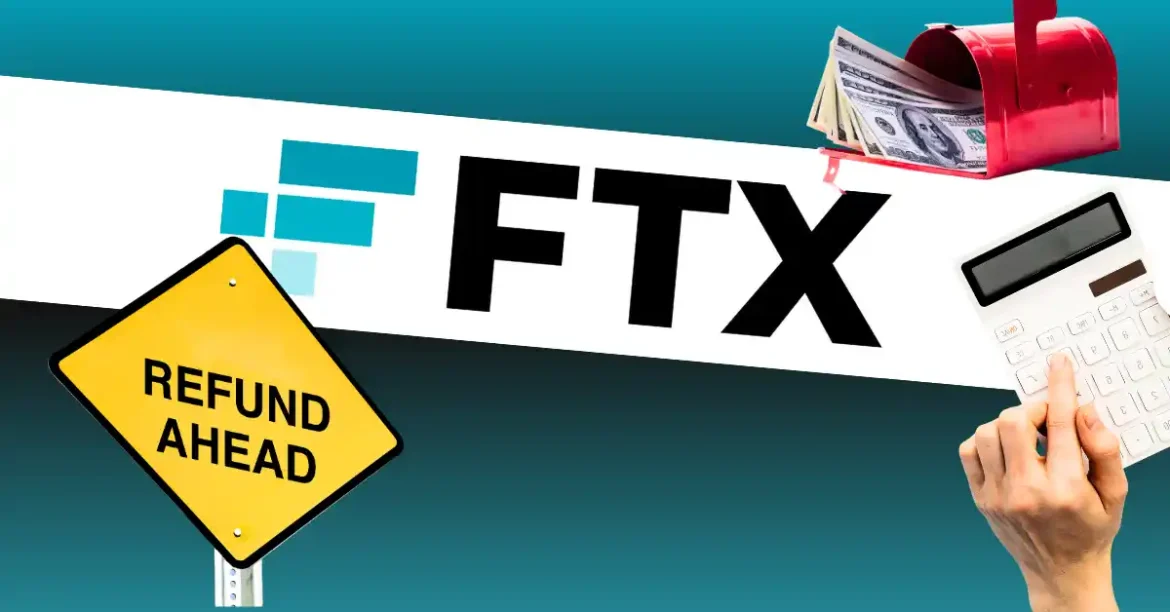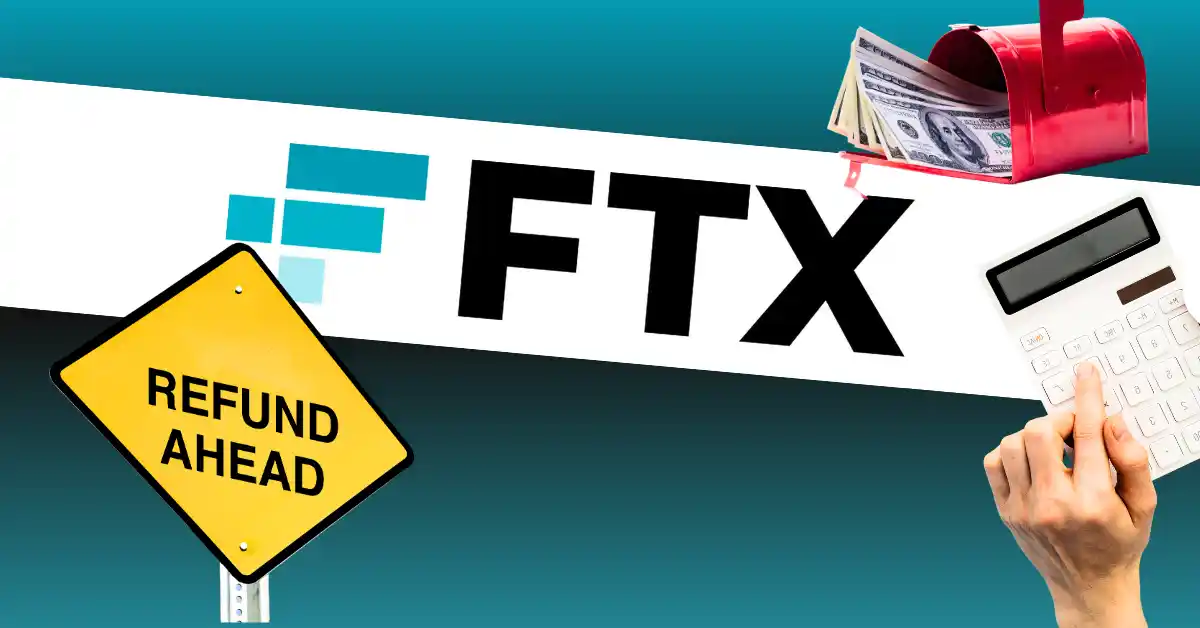The collapse of FTX in November 2022 sent shockwaves through the cryptocurrency world, leaving a trail of financial wreckage and a complex web of legal challenges. The exchange’s sudden downfall, triggered by a liquidity crisis and allegations of mismanagement, exposed vulnerabilities in the crypto ecosystem and raised serious concerns about investor protection. As the dust settles, the FTX Recovery Trust, established to oversee the liquidation process, faces an uphill battle in reimbursing creditors. However, this process has encountered a significant roadblock: payouts have been frozen in 49 jurisdictions due to local cryptocurrency restrictions. This article explores the intricacies of this issue, examining the reasons behind the freeze, the affected regions, the implications for creditors, and the potential way forward.
The Regulatory Maze: Why Payouts Are Frozen
The primary obstacle to the FTX Recovery Trust’s repayment efforts lies in the patchwork of global cryptocurrency regulations. Countries have adopted varying stances toward digital assets, ranging from open embrace to outright bans. These differing regulatory approaches create legal hurdles for the trust when attempting to distribute funds to creditors in certain jurisdictions.
The trust must ensure that payouts comply with local laws to avoid legal repercussions and maintain the integrity of the repayment process. This requires a meticulous review of each jurisdiction’s crypto regulations, a time-consuming and complex task. The affected jurisdictions are those where local laws either prohibit crypto trading outright or restrict access to offshore platforms. These restrictions, often implemented to protect investors, prevent money laundering, or maintain financial stability, inadvertently create barriers to the recovery process.
The Global Impact: Mapping the Frozen Territories
The 49 jurisdictions impacted by the payout freeze span across several continents, affecting a diverse range of countries. Notable examples include China, Nigeria, Fiji, Andorra, and Zimbabwe. While these regions represent a relatively small percentage (around 5%) of the total allowed claims, the freeze affects a significant number of individual creditors.
China stands out due to its stringent stance against cryptocurrency. The country’s comprehensive ban on crypto trading and mining, implemented in 2021, has made it exceedingly difficult for Chinese creditors to receive their reimbursements. Recent data suggests that Chinese users account for a substantial 82% of FTX claims originating from the restricted regions. This highlights the disproportionate impact of China’s crypto ban on the FTX repayment process.
Other affected regions include countries in Africa, such as Nigeria and Zimbabwe, where crypto restrictions are often tied to concerns about capital flight and financial stability. In Europe, Andorra’s restrictive stance on crypto trading has also contributed to the freeze. These diverse regulatory environments underscore the challenges of operating in a globalized world with disparate legal frameworks.
The Human Cost: Creditors in Limbo
For creditors residing in these 49 jurisdictions, the payout freeze creates a state of uncertainty and anxiety. They are left in the dark, unsure when, or even if, they will receive their due compensation. This uncertainty is compounded by the complex legal proceedings and the lack of clear timelines for resolution.
The freeze disproportionately affects smaller creditors who may rely on these funds to mitigate their financial losses. While the FTX Recovery Trust has prioritized repayments to creditors with claims under $50,000, those in restricted regions remain excluded from this initial wave of reimbursements. This delay can exacerbate their financial difficulties and undermine their trust in the recovery process.
The situation is particularly challenging for creditors in countries with strict capital controls, such as China. These individuals may face additional hurdles in accessing their funds even if the freeze is lifted, as local regulations may restrict the conversion of crypto assets into fiat currency. This creates a double layer of complexity for creditors in these regions.
Navigating the Legal Labyrinth: Potential Solutions
The FTX Recovery Trust is actively seeking legal opinions to navigate the complex regulatory landscape and determine the feasibility of payouts in each of the 49 restricted jurisdictions. This involves consulting with local legal experts to assess the specific requirements and potential solutions for each country.
One possible solution is to explore alternative payment methods that comply with local regulations. This could involve converting the crypto assets into fiat currency and distributing the funds through traditional banking channels. However, this approach may be subject to further restrictions and potential delays, particularly in countries with strict capital controls.
Another option is to seek exemptions or special permits from the relevant regulatory authorities. This would require demonstrating that the payouts are intended to compensate creditors and do not violate the spirit of the local crypto regulations. However, securing such exemptions can be a lengthy and uncertain process, as it often involves navigating bureaucratic hurdles and political considerations.
In some cases, the trust may need to engage in direct negotiations with local authorities to find mutually acceptable solutions. This could involve proposing alternative repayment structures or agreeing to certain conditions, such as reporting requirements or restrictions on the use of the funds. While this approach requires significant diplomatic effort, it may offer a path forward in jurisdictions where outright bans are in place.
Broader Implications: Lessons for the Crypto Industry
The payout freeze in these 49 jurisdictions also has broader implications for the overall FTX recovery process and the cryptocurrency industry as a whole. It highlights the challenges of operating in a globalized world with disparate regulatory frameworks. Crypto exchanges and other financial institutions must carefully consider the legal and regulatory implications of their operations in different countries.
The situation also underscores the need for greater international cooperation in regulating the cryptocurrency industry. Harmonizing regulations across jurisdictions can help to create a more level playing field and facilitate cross-border transactions. This would reduce the risk of regulatory arbitrage and protect investors from potential fraud and misconduct.
Moreover, the FTX collapse and the subsequent repayment challenges serve as a stark reminder of the importance of transparency and accountability in the crypto space. Investors must be able to trust that their funds are secure and that there are clear mechanisms in place for recourse in the event of a failure. This requires robust regulatory oversight, as well as industry-wide efforts to promote best practices and ethical conduct.
The Path Forward: A Cautious Outlook
The FTX repayment roadblock in 49 regions is a stark reminder of the complexities and challenges involved in recovering assets from bankrupt crypto exchanges. While the FTX Recovery Trust is working to resolve this issue, the path forward remains uncertain.
Creditors in the affected jurisdictions must remain patient and vigilant, closely monitoring developments and seeking legal advice if necessary. The ultimate outcome will depend on the ability of the Recovery Trust to navigate the complex legal landscape and find viable solutions that comply with local regulations.
Despite the current challenges, there is reason for cautious optimism. The FTX Recovery Trust has demonstrated a commitment to reimbursing creditors and is actively seeking solutions to overcome the regulatory hurdles. The legal reviews underway will provide clarity on the feasibility of payouts in each jurisdiction, paving the way for a more targeted and effective approach.
As legal frameworks adapt and mature, the possibility of unlocking these frozen assets grows stronger. The situation is gradually improving, and the journey, while arduous, is moving toward a fair and just resolution for all creditors. The destination—a comprehensive and equitable recovery process—remains the unwavering goal.





